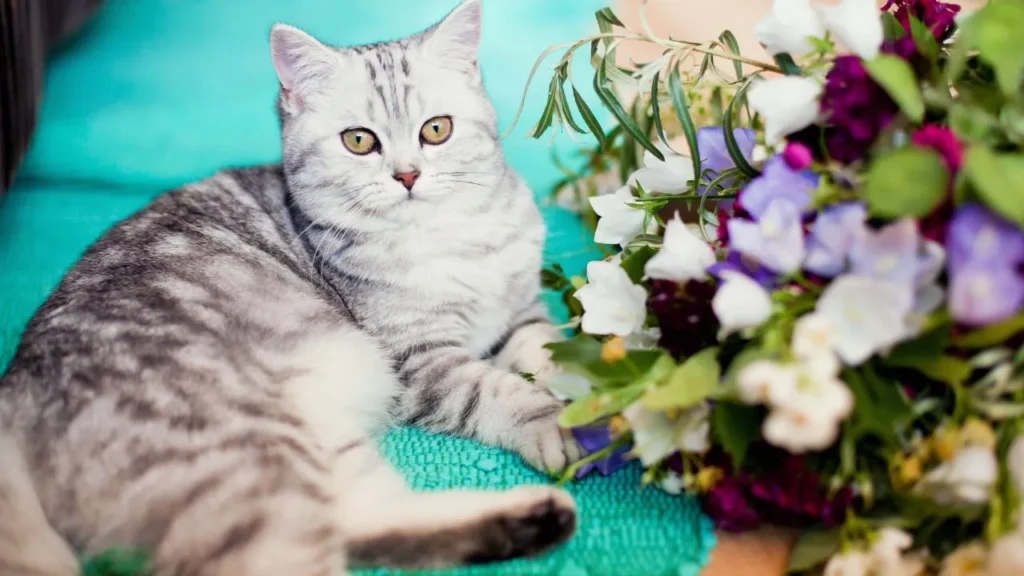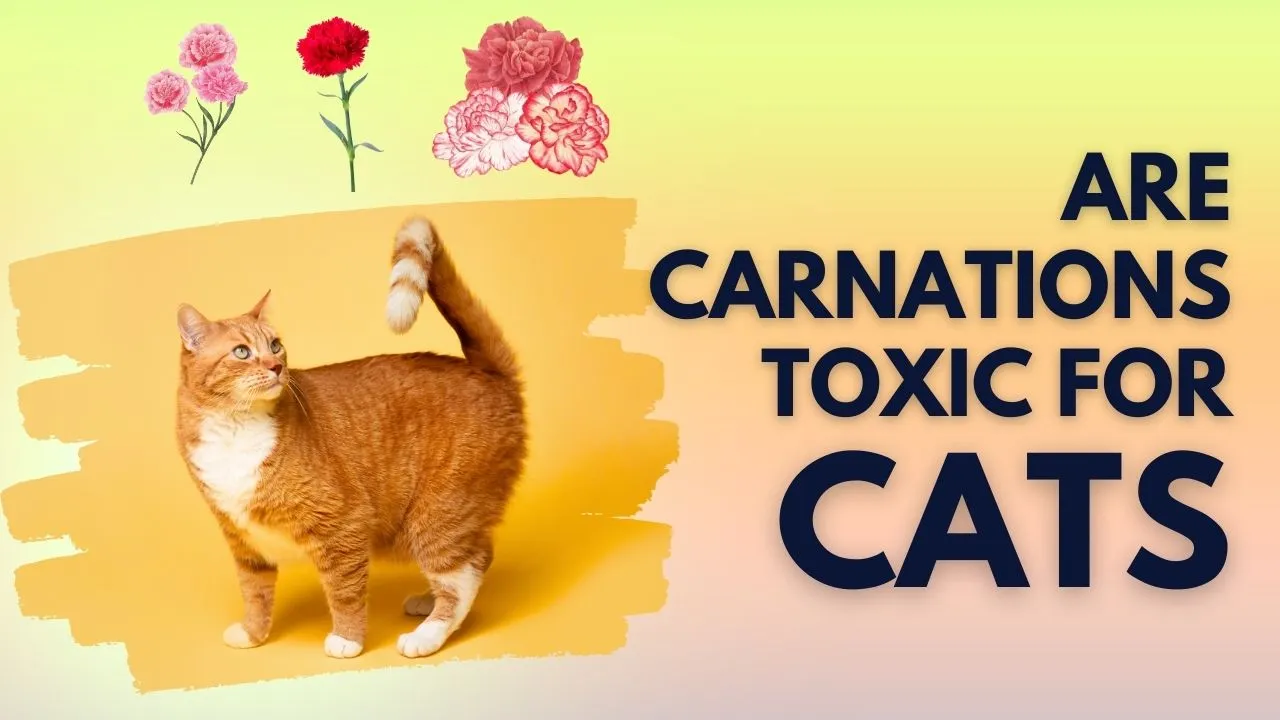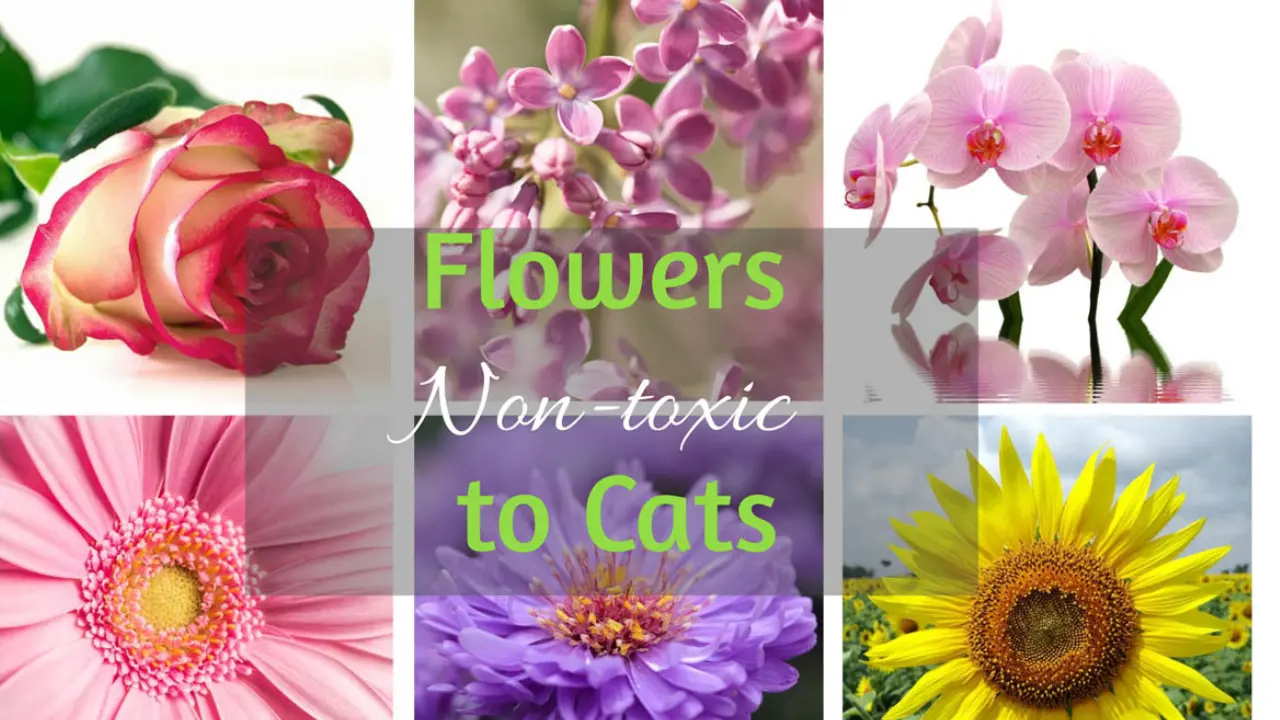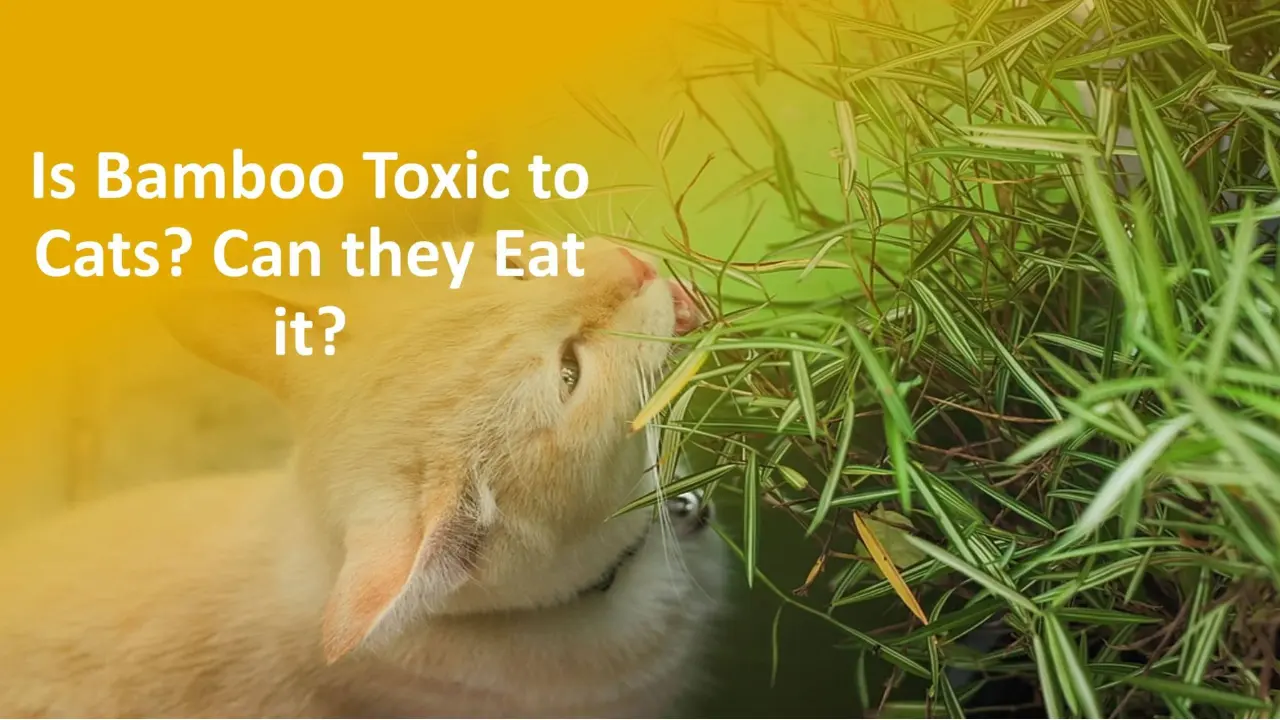Popular flowers, such as carnations, are frequently used in decorations, arrangements, and bouquets. They smell nice and come in a variety of color combinations. But before bringing these flowers into the house, you should think again if you have a cat. Furthermore, Carnations can produce various symptoms if your cat eats them or comes into contact with them due to their moderately toxic effects.
Carnations and Cats

Carnations can produce symptoms if your cat eats them due to their moderate toxicity. The species Dianthus, which has roughly 300 flowering plants, contains carnations. The compound saponins belong to naturally occurring substances with qualities similar to those of detergents found in every part of the carnation plant. In certain cats, they can also result in allergic reactions. Before exploring the safety of carnations for cats, let’s understand the nature and potential risks they may bring to our cats. Carnations are flowering plants known for their beautiful and sweet-smelling flowers.
Treatment for Cat Carnation Poisoning
The degree of symptoms and quantity of plants consumed determine how carnations toxic to cats is treated. The major objectives of treatment are to give supportive care and stop the poisons from being absorbed further. If your cat ingested something within the last two hours, your veterinarian might induce vomiting or give it activated charcoal.
By doing this, the quantity of toxins in your cat’s intestines and stomach may be decreased. For your cat’s recovery from the poisoning, your veterinarian may additionally prescribe intravenous fluids, antiemetic drugs, analgesics, or antibiotics. Until the symptoms go away, your cat might need to remain in the hospital for observation and care.
Understanding the Potential Risks
Carnations contain substances that may not be immediately life-threatening to cats but can cause discomfort and digestive upset if ingested. Sometimes, carnations toxic to cats if eaten in excess. It’s important to note that individual cats may react differently; some cats may be more sensitive than others. Compounds called dianthus give carnations their distinct fragrance. Cats may suffer from gastrointestinal irritation if they eat these compounds. Carnations are generally mildly toxic, but it’s best to be careful.
Signs of Toxicity in Cats
If a cat ingests carnations or any potentially toxic plant, it may exhibit particular signs of toxicity. These can include vomiting, diarrhea, drooling, loss of appetite, lethargy, and, in severe cases, difficulty breathing or abnormal behavior. If you observe any concerning symptoms, it’s essential to seek veterinary attention promptly.
Precautions for Cat Owners
To ensure your cat’s safety, taking certain precautions regarding carnations is essential.
Avoiding Exposure to Carnations
If you have carnations in your home, keep them out of reach of your cat. Cats are curious creatures and may be tempted to chew on or ingest plants. Placing carnations in areas inaccessible to cats, such as high shelves or rooms they cannot enter, can help minimize the risk of exposure.
Alternatives to Carnations
If you’re concerned about the potential risks of carnations, consider choosing cat-friendly alternatives in your floral arrangements. Safe options include roses, sunflowers, snapdragons, or other non-toxic flowers that can still provide a lovely aesthetic without harming your cat.
What to Do If Your Cat Ingests Carnations
If you suspect or witness your cat ingesting carnations or any potentially toxic plant, it’s important to take action immediately.
- Remove the plant or flower from your cat’s vicinity.
- Monitor your cat closely for any signs of toxicity.
- Contact your veterinarian for guidance and advice.
How Can Cats Avoid Carnation Poisoning?
The most effective protection against cat carnation poisoning is to keep the plants dangerous. If you possess carnations or get them as a gift, make sure to store them safely or keep your cat away from them. To stop your cat from biting on plants, you can also use a spray bottle or a repellent. As an alternative, you can satisfy your cat’s natural curiosity and need for greens by giving them safe and cat-friendly herbs like catnip, cat grass, or mint.
FAQS
Do carnations poison humans?
While they are not edible, carnations are not toxic to people. For certain people, they could result in a simple upset stomach or allergic reactions. Before using carnations as an herbal remedy or consuming them, it is advised to speak with a physician.
What are some other toxic plants for cats?
Other plants that are harmful to cats include mistletoe, lilies, tulips, daffodils, azaleas, oleander, sago palm, and poinsettia.
What kinds of plants are secure and good for cats?
Catnip, cat grass, mint, parsley, basil, thyme, rosemary, lavender, and many more plants are safe and good for cats.
Conclusion
Carnations can produce a variety of symptoms if your cat eats them or comes into contact with them, due to their moderate toxicity. Usually minor and short-lived, the symptoms might occasionally become more serious and require veterinarian care. Keep carnations out of your cat’s reach, or avoid keeping them in your house or yard, to prevent carnation poisoning in cats.
Remove the source of exposure, wash your cat’s mouth or skin, keep an eye on their symptoms, and provide them with supportive treatment if you think they may have come into contact with carnations. By understanding the potential risks and being proactive in preventing exposure to harmful plants, you can help keep your feline companion healthy and happy.



